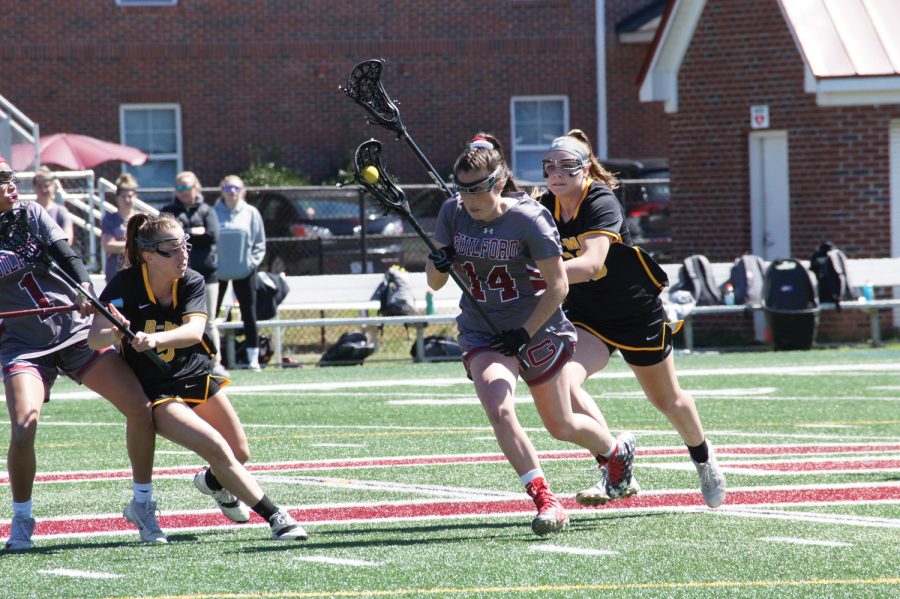Hoping to understand new ideas, eight people gathered for a three-hour Liberation Space Training to learn about LGBT issues and what their role as allies should be.
The training was held in the Multicultural Resource Center on Friday, Nov. 11 and was facilitated by two members of the Multicultural Education Department: Stephanie Chang, director of multicultural education and Irving Zavaleta Jimenez, assistant director of multicultural education.
The talk covered a wide range of topics, from simply defining terminology to discussing the academic definition of queerness.
Once called “Safe Zone Trainings,” the “Liberation Space Training” was focused on changing the way attendees view LGBT issues rather than simply making attendees into allies. Learning about LGBT issues is an ongoing experience in the eyes of facilitators, so creating allies through training was less important than changing perspectives.
“Liberation means you have more awareness,” said Chang. “You’re noticing what’s happening in the world, you’re analyzing, making meaning of what’s happening. You’re taking action, and then you’re holding each other accountable.”
The talk itself began with introductions and a discussion of community expectations with a focus on respect and patience.
Next, was an activity where attendees sat on one side of the room or the other, depending on whether they agreed or disagreed with a sentence.
These sentences went from asking if people’s faith had taught them to question the acceptance of LGBT, non-binary, and queer identities to asking if attendees themselves would have an intimate relationship with a person with such an identity. Each was intentionally uncomfortable for some to answer, so attendees would have to recognize and question their own biases.
“It gets awkward,” said junior Rebecca Hamilton-Levi. “But I think that’s important. It’s important for us to reflect on our own opinions and our own thoughts.’
Next, a student panel was held, where three students who self-identify as queer spoke about their experiences and answered questions from attendees. All three were volunteers, speaking because they felt the topic was important.
“I guess (what I want is) to give people my perspective on some types of issues and be able to offer answers to the best of my ability,” said Ayanna Martin, a first-year who spoke. “I want to learn about other people’s perspectives just from the asking of their questions.”
After the 40-minute panel, attendees watched a short video of LGBT students at different colleges speaking about their experiences interacting with faculty. Many in the video felt unsafe because of their identity, which is a relatable experience across all college campuses.
“I feel that as a member of the LGBTQA community myself, when I was in college I didn’t really feel that I could go and just talk to any staff about it,” said Zavaleta Jimenez. “I feel that once we create a more open and ‘liberatory’ space on campus, people will feel more comfortable exploring their sexuality and being who they are.”
After the video people looked over a list of key terms for understanding LGBT issues, from “homosexual” to “pansexual” to “queer.” “Queer” in particular was discussed in depth, going into the academic history of the term and whether it is useful.
Then came a discussion on the differences between sex, sexuality, gender identity, and gender expression. Attendees found this in particular very informative, asking multiple questions about the nuances of gender identity.
There was much more to cover for the event, but because of the time spent on the student panel and the discussion there was no time for everything. Still, the training ended on a powerful note, where Chang described the ways in which people are at all different levels of “liberatory” consciousness.
“This is a start,” said Chang. “Or a continuation for many folks, or it could even be an ending.”
And for some, there has not even been a start. Two more Liberation Space Training’s are happening next semester, however, which means it’s not too late to begin the journey.








